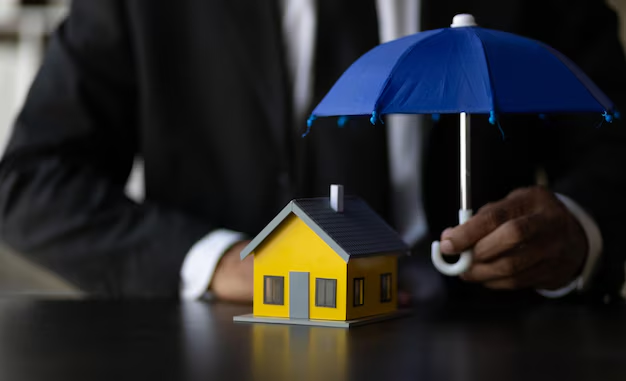How Much Does Apartment Insurance Cost: Essential Information for Renters
When moving into a rental apartment, considering insurance is crucial for safeguarding your personal belongings and covering additional liabilities. However, the cost of apartment insurance, also known as renters insurance, often leaves potential tenants scratching their heads. So, how much does apartment insurance cost, and what factors determine this expense?
Understanding the Basics of Apartment Insurance
Apartment insurance is designed to protect tenants from the unexpected. It typically covers personal property, liability, and additional living expenses if your apartment becomes uninhabitable.
Factors Influencing the Cost of Apartment Insurance
Location: Where you live significantly affects your premium. Urban areas with higher crime rates or areas prone to natural disasters tend to have higher insurance costs.
Coverage Amount: The amount of coverage you opt for directly impacts your premium. More coverage means higher protection for your belongings but usually incurs a higher cost.
Deductibles: A higher deductible typically lowers your premium. Remember, though, you'll need to pay this amount out-of-pocket before your insurance kicks in after a claim.
Personal Factors: Credit scores and past claims play vital roles. Better credit may lead to lower rates, while a history of claims can increase the cost.
On average, renters insurance premiums range from $15 to $30 per month, though this can vary based on the factors above. Considering the cost, the peace of mind and protection it offers is well worth the investment.
Beyond Insurance: Navigating Financial Tools and Resources
Understanding the costs associated with apartment insurance can be the first step in managing overall housing expenses. But what happens when you're facing financial challenges that have far-reaching effects?
Explore these Financial Support Tools and Programs
Government Aid Programs: Assistance with housing costs, such as Section 8 vouchers or local housing assistance programs, can be a lifesaver for those facing financial difficulties.
Debt Relief Options: If debts are accumulating, seeking a debt relief program might help negotiate lower-interest or consolidated payments, easing financial strain.
Credit Card Solutions: Using credit cards with rewards for essential purchases can offer some relief through cashback or travel benefits—just be wary of high-interest rates.
Educational Grants: For renters pursuing further education, grants and scholarships can help reduce tuition costs. This financial relief might indirectly support your ability to afford other expenses, including insurance.
Considering your financial well-being alongside the cost of apartment insurance can offer a holistic view of managing personal finances effectively. Exploring available resources may present opportunities for relief, whether through government assistance or restructured debt.
Quick Reference: Financial Assistance and Support Resources
- 🏠 Government Housing Programs: Explore local assistance options and Section 8 vouchers.
- 💳 Credit Counseling Services: Seek advice on managing credit card debt and financial planning.
- 📚 Educational Grants and Scholarships: Access funds for continuing education to improve long-term financial prospects.
- 📉 Debt Relief Services: Consider options to lower monthly payments through consolidation or negotiation.
- 🏦 Budgeting Tools: Use apps or financial services to track spending and manage expenses efficiently.
With these resources at your disposal, navigating the costs of apartment insurance and broader financial challenges becomes a more manageable endeavor.

